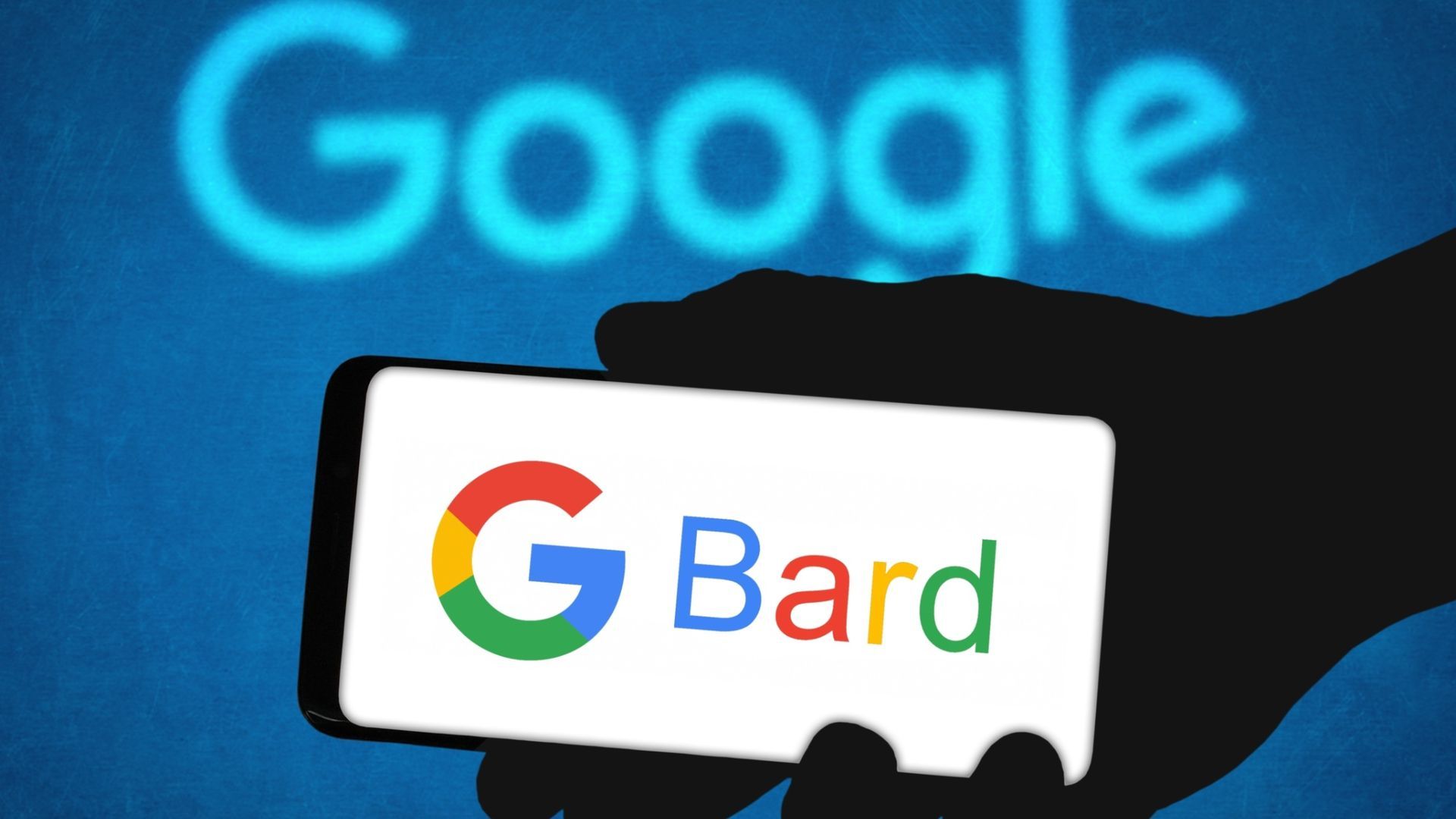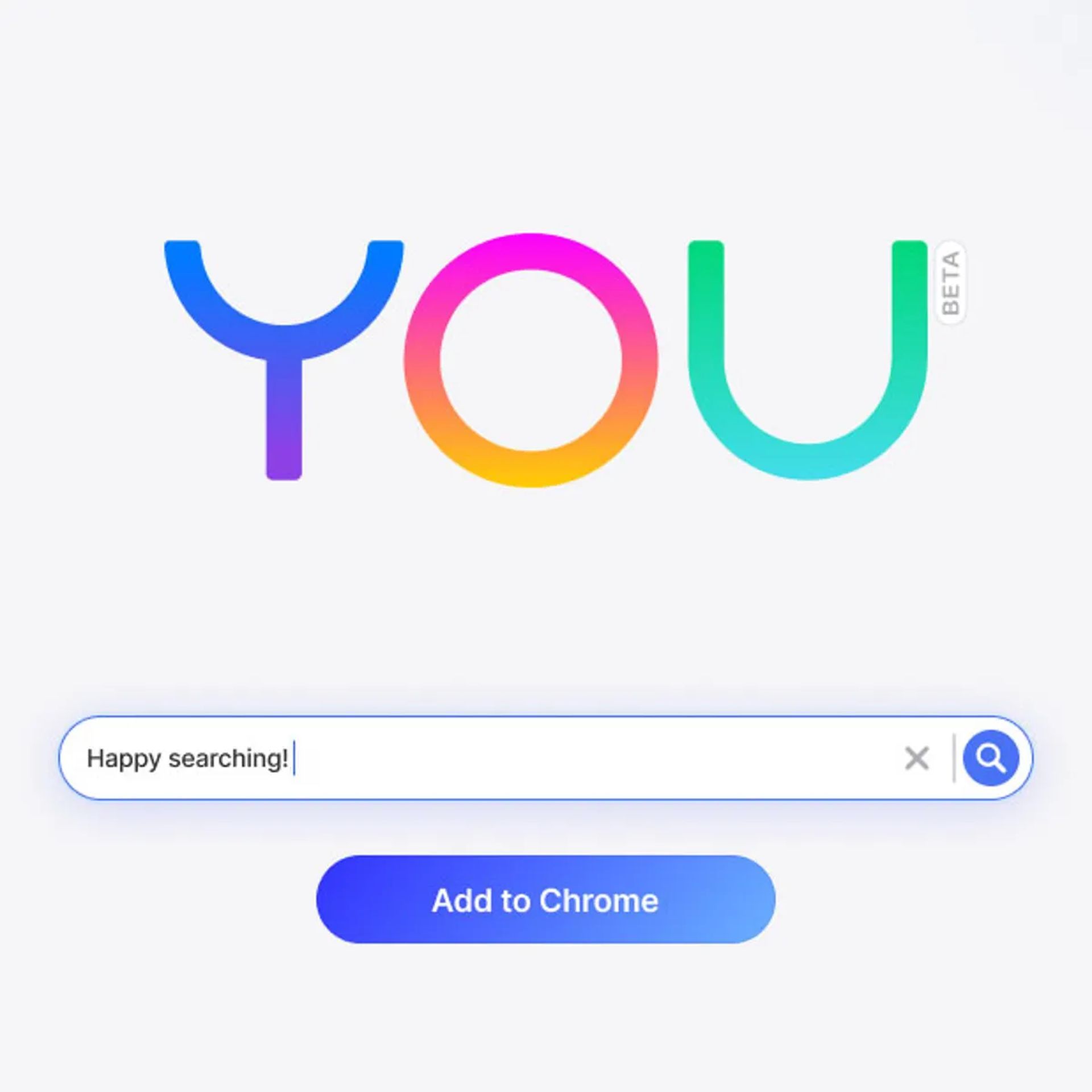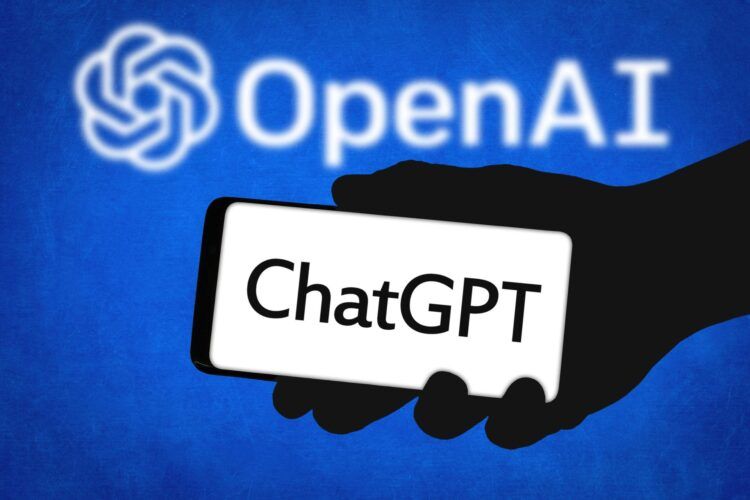As the popularity of ChatGPT continues to grow, other companies are eager to get in on the AI-powered chatbot game. With the belief that the AI industry is at a crucial point where products built upon the technology have the potential to revolutionize the tech industry, these companies are racing to adopt and build upon it to reshape the technology landscape and challenge the dominance of Big Tech.
Given the high stakes involved, major technology players like Google and Microsoft have already introduced their versions of conversational AI tools, leveraging large language models (LLMs). However, several lesser-known companies have also entered the fray, setting the stage for an AI showdown.
Who are the biggest ChatGPT rivals?
In this article, we will be taking a closer look at the companies and AI chatbots that are aiming to challenge ChatGPT or capitalize on its success. With so much competition in the space, it will be interesting to see which AI chatbot emerges as the dominant player in this rapidly growing market.
Microsoft
Microsoft’s Bing and Edge AI-powered tools are ChatGPT rivals that aim to upend the way we search and browse online.
Microsoft has entered the chatbot game with the launch of the “new” Bing, which promises to revolutionize online search. The company has also incorporated AI-powered tools into its Edge browser. As a big investor in OpenAI, Microsoft used the technology behind ChatGPT to develop an even more powerful AI tool.
The new Bing is available to beta testers and users can ask questions like “Can you suggest places to visit in Paris?” or “What’s the best apple pie recipe?” and receive annotated responses describing tourist destinations or recipes. However, some users have found exploits in the system, prompting wild and sometimes unhinged responses.

Although Microsoft is trying to compete with ChatGPT, the company has had some setbacks. The “new” Bing, which is powered by AI, has been criticized for being too flexible, allowing users to exploit the system and elicit off-topic and strange responses.
As a result, Microsoft had to limit the number of questions and answers, and relax these restrictions after user complaints. Despite these challenges, the company is forging ahead with AI enhancements to the Edge browser, such as the ability to summarize web pages and generate text for social media posts and emails.
Meta’s failed Galactica chatbot and underwhelming BlenderBot 3 are its ChatGPT rivals, while it plans to develop “AI personas” for text and image-based AI tools in the future.
Meta
Meta, the company that owns Facebook, Instagram, and WhatsApp, is also exploring AI with its Galactica language model. Designed to assist scientists and researchers with summaries of academic articles, solutions to math problems, and the ability to annotate molecules, among other things, Galactica was trained on over 48 million scientific sources of knowledge.
However, when Meta released the chatbot to the public in beta last November, it received criticism from the scientific community due to its incorrect or biased responses. One scientist even labeled the tool “dangerous.” Meta took the chatbot offline after only a few days.
Meta, formerly known as Facebook, has also ventured into the AI field, creating Galactica, a language model designed to assist scientists and researchers with summarizing academic articles, solving math problems, and annotating molecules. However, the bot received criticism from the scientific community for producing incorrect or biased responses during a public beta test in November 2021, leading to its removal.
I asked #Galactica about some things I know about and I'm troubled. In all cases, it was wrong or biased but sounded right and authoritative. I think it's dangerous. Here are a few of my experiments and my analysis of my concerns. (1/9)
— Michael Black (@Michael_J_Black) November 17, 2022
Meta also created BlenderBot 3, a digital assistant chatbot available to the public since August 2021, but it has been deemed less impressive than GPT-3 and has even made offensive remarks about Meta CEO Mark Zuckerberg. Despite these setbacks, Meta CEO Zuckerberg has announced the establishment of a dedicated AI team to create “AI personas” to assist users and text- and image-based AI tools for WhatsApp, Instagram, and Messenger.
Google’s Bard chatbot is one of the newest ChatGPT rivals that uses its in-house LaMDA model for conversational AI and draws on information from the web to provide fresh responses.
In response to Microsoft’s “new” Bing and AI chatbot, Google has announced its own AI chatbot, which it calls Bard. Google CEO Sundar Pichai says the company is using its in-house large language model, LaMDA, to power the conversational AI service, which draws on information from the web to provide fresh, high-quality responses. Bard is designed to be used for various tasks, including comparing two Oscar-nominated movies, planning a baby shower, and suggesting recipe ideas based on the ingredients you have in your fridge. However, Google has yet to reveal much about the capabilities of its new AI chatbot.

Despite some early hiccups, Google has made a strong push into the AI chatbot space with its own offering, Bard. The chatbot is powered by LaMDA, Google’s in-house large language model, and is designed to answer a wide range of questions by drawing on information from the web. Although Bard has been criticized by some Googlers for a haphazard launch and early factual errors, the chatbot is currently being tested by a limited group with wider availability expected in the near future. With its massive search capabilities, Google’s entry into the AI chatbot market could prove to be a formidable ChatGPT rival.
Anthropic
Anthropic, a startup established by former OpenAI employees, is working on its own conversational AI tool, Claude, that aims to rival ChatGPT. Although it has yet to be fully released to the public, Google has already invested $300 million in the company in late 2022.
Claude was developed using Constitutional AI, a methodology where the chatbot is trained with around 10 natural language instructions or principles that automatically revise its responses. The system aims to create better and more benign AI assistants without the need for human feedback.
We’ve trained language models to be better at responding to adversarial questions, without becoming obtuse and saying very little. We do this by conditioning them with a simple set of behavioral principles via a technique called Constitutional AI: https://t.co/rlft1pZlP5 pic.twitter.com/MIGlKSVTe9
— Anthropic (@AnthropicAI) December 16, 2022
Anthropic’s chatbot, Claude, is set to rival ChatGPT, and it has already been reviewed by Scale, an AI data platform. While Scale found that Claude could serve as a “serious” challenger to ChatGPT, it also noted that the bot was “more inclined to refuse inappropriate requests.”
Claude was developed by training the language model with a set of natural language instructions, which are used to revise responses automatically using a methodology called Constitutional AI. Although Claude still makes factual errors and mathematical mistakes, it is only available to companies as an early-access product and has yet to be released to the general public.
Anthropic’s Claude is a ChatGPT rival built on Constitutional AI methodology, which trains the language model to revise its responses automatically using natural language instructions or principles.
You.com
You.com’s YouChat is a ChatGPT rival that offers AI-powered conversations, app access, and citation-based search results, along with a new AI image generator model.
You.com is a search engine that comes with an AI-powered chat tool called YouChat, developed by two former Salesforce employees. YouChat can provide annotated answers to various types of queries, create summaries of articles from the web, generate code, write essays, and more.
It is built on the company’s C-A-L model, which is blended with AI-powered conversations, You.com apps, web links, and citations. Though similar to Microsoft’s Bing chatbot, You.com offers a unique value proposition as a “search engine you control.”
You.com has added a new feature that goes beyond its AI chatbot: AI image generator models. Stable Diffusion 1.5, Stable Diffusion 2.1, and Open Journey are now built-in to the search engine, enabling users to generate images based on written descriptions.
You.com’s engine also separates search results into relevant responses on sites like Reddit, TripAdvisor, Wikipedia, and YouTube, while also providing standard web results. This search engine prides itself on being “the search engine you control,” and its AI chatbot, YouChat, can annotate answers to a variety of queries, create article summaries, generate code, write essays, and more.

Baidu
Baidu’s Ernie Bot is a ChatGPT rival that has excelled in natural language understanding and generation, and will be integrated into its search engine and Jidu’s forthcoming EV interface, along with a text-to-image model.
Baidu is set to launch an AI-powered tool called “Ernie Bot” as early as March. The Chinese tech giant, best known for its search engine and other online services, has been leveraging AI to develop a range of products, including a self-driving car.
Ernie, which was initially developed in 2019, has since evolved into a ChatGPT-like tool that can generate conversational responses. According to Baidu, the model was trained on a “gigantic knowledge graph” and is proficient in both natural language understanding (NLU) and generation (NLG). The company is hoping that Ernie Bot will be a significant challenger to ChatGPT.
Baidu is making significant strides in the AI chatbot game, with the development of their ChatGPT competitor, the Ernie Bot. Set to launch as soon as March, the Chinese company plans to integrate the chatbot into their search engine and even into the forthcoming electric vehicle by Chinese startup Jidu.
The Ernie Bot has been trained on a massive knowledge graph and unstructured data, and is equipped with strong natural language understanding (NLU) and generation (NLG) capabilities. In addition, Baidu is also working on a text-to-image model called Ernie ViLG that can create images based on Chinese text, similar to OpenAI’s DALL-E 2 system and Stability AI’s Stable Diffusion’s AI image generator.
Alibaba
Alibaba is reportedly testing its own ChatGPT rival internally, but may have to overcome Chinese regulators’ censorship concerns before launching it publicly.
Alibaba, the Chinese e-commerce company, has joined the AI chatbot race with a ChatGPT rival that is currently being tested internally. According to a company spokesperson who spoke with CNBC, Alibaba has been experimenting with generative AI technology since 2017. However, there is currently no information about the tool’s capabilities or when it might be announced.
Chinese tech companies such as Alibaba that are developing AI chatbots may have to contend with regulatory hurdles. Chinese regulators have reportedly instructed Alibaba-owned Tencent and Ant Group to restrict access to ChatGPT over concerns that the bot could disseminate uncensored content. This suggests that the Chinese government may require tech companies to seek government approval before releasing their own AI chatbots. The censorship rules could limit the usefulness of the AI chatbots developed by Chinese companies, raising questions as to whether they will even be able to launch their products.

Snapchat
Snapchat’s Plus-exclusive My AI chatbot is a ChatGPT rival that offers personalized recipe and trip planning suggestions, while adhering to the platform’s trust and safety guidelines.
Snapchat has joined the race with a new AI chatbot called “My AI,” designed to function as an in-app version of ChatGPT, enabling users to request recipe suggestions or plan trips.
However, this chatbot is more limited than ChatGPT, as it has been trained to adhere to Snapchat’s trust and safety guidelines. Currently, the service is only accessible to Snapchat’s $3.99 per month Plus subscribers, but CEO Evan Spiegel intends to make it available to all users in the future.
Youdao
Youdao’s upcoming AI-powered educational products and game are ChatGPT rivals that may incorporate conversational AI in new and unique ways.
NetEase’s education subsidiary, Youdao, is looking to integrate AI-powered tools into some of its educational products and upcoming games. While details are scarce, the company seems to be interested in leveraging AI to enhance its offerings and provide more engaging educational experiences for its users.
Character.AI
Character.AI’s AI chatbots modeled after real people and fictional characters are ChatGPT rivals that can assist with book recommendations, brainstorming, language practice, and more.
Another tool vying for a slice of the AI chatbot game is Character.AI, developed by the creators of Google’s LaMDA technology. The platform offers users the ability to browse or create chatbots modeled after both real and fictional individuals, such as Tony Stark, Elon Musk, and Mark Zuckerberg. While interacting with these bots, the AI aims to emulate their personality traits. But that’s not all these bots can do, as some are programmed to offer book recommendations, facilitate brainstorming sessions, assist in language learning, and more.
Replika
Replika is an AI chatbot that provides companionship through text-based and video chats. The chatbot uses a combination of the company’s version of the GPT-3 model and scripted dialogue content to build memories and generate responses specific to the conversation style. However, the company recently announced that erotic roleplay is no longer allowed on the platform, which disappointed some dedicated users.
NetEase
NetEase’s upcoming AI chatbot for Justice Online Mobile is a ChatGPT rival that will allow players to chat with NPCs through text or voice inputs, affecting gameplay in unique ways.
According to Daniel Ahmad, the director of research and insights at Niko Partners, NetEase is reportedly exploring the integration of a ChatGPT-style tool into the mobile MMO, Justice Online Mobile. The tool would enable players to interact with non-playable characters (NPCs) in the game through voice or text inputs and have them react in unique ways that impact the game. So far, there has only been one demo of the tool, so it’s unclear how, or if, it will be integrated into the final version of the game.
Absolutely! With AI chatbots becoming more accessible and sophisticated, we can expect to see more use cases in various fields, such as customer service, healthcare, education, and more. It will be fascinating to see how these tools can enhance human productivity, creativity, and efficiency, while also raising important ethical and privacy concerns that need to be addressed. Ultimately, the development of conversational AI has the potential to transform the way we communicate with machines and each other, shaping the future of human-machine interaction.





